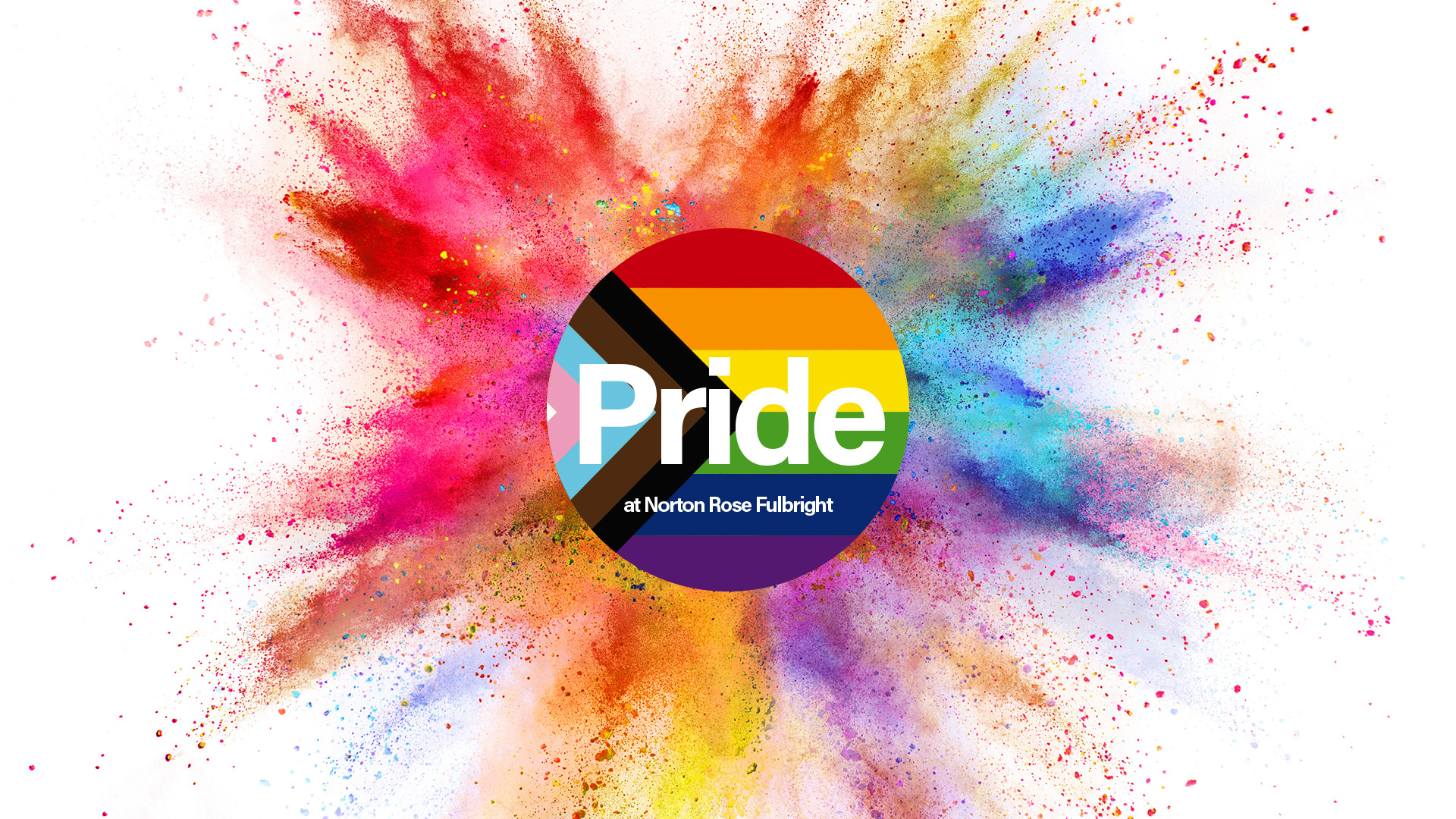I still remember the feeling of standing in the heart of Dublin over 11 years ago, surrounded by a sea of rainbow flags, music, and laughter at my first Pride. As a young gay man trying to navigate the world figuring out, who I was and where I fit in, Pride gave me a glimpse into that feeling of belonging. That day changed something in me.
Growing up, I didn’t have many visible role models or spaces where I felt completely safe to be myself. I often found myself dialling things down – my voice, my mannerisms, all just to blend in. But at Pride, everything shifted. It was a truly amazing feeling. I felt expansive. I felt proud. And if I’m being honest – sipping a couple of G&T’s may have played a small but sparkly role in helping me strut into that confidence a little quicker!
It’s hard to put what I felt into words, but that first Pride taught me that allyship and community are not just buzzwords, but lifelines. The smiles from strangers, the hugs from friends, the chants for equality—and let’s not forget the pop bangers and outfits so fierce they made me question my own wardrobe choices – all stitched together, gave me a sense of hope I hadn’t known I needed. It was a celebration, yes, but also a powerful reminder of how far we’ve come and how far we still have left to go.
Fast forward to today, while there’s been undeniable progress, the journey is far from over, and that feeling really stays with me.
Pride is no longer just a day or a parade for me; it’s a commitment: a commitment to visibility, to advocacy, and to creating space for those whose voices are still silenced or being silenced, even in 2025.
Every year around Pride Month, some members of the LGBTIQ+ community often hear the same tired questions: “Why do we still need Pride?” or “When is straight month?”. These questions suggest that the struggle for equality ended the moment the community gained visibility, while ignoring the very real threats, violence, and discrimination that still deeply impact people’s daily lives. At the same time, we’re seeing a rise in coordinated backlash against LGBTIQ+ rights, often cloaked in the language of tradition or public order. These efforts are calculated attempts to roll back progress, entrench discrimination, and push queer voices back into the shadows. That’s why Pride is still so important today. It’s not just a celebration, it’s a platform for visibility, a space for connection, and a reminder that many in our community still face barriers to acceptance and equality.
Pride is personal. It’s a celebration. It’s political. It’s powerful. And for me, it will always be a reminder that we are never alone.
Besides, where else can you advocate for equality, honour a global movement, and still end the day covered in glitter, dancing to a Cher remix under a rainbow flag? Only at Pride.




